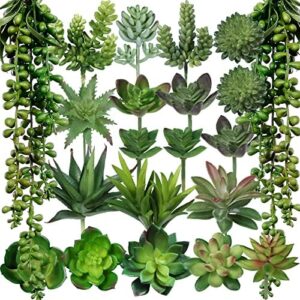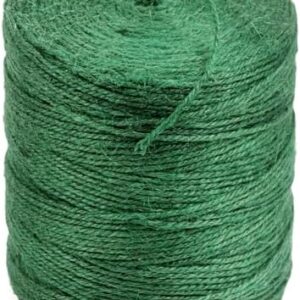When it comes to taking care of our gardens, we all want to make sure we are doing what’s best for our plants and the environment. In recent years, there has been a shift towards more sustainable gardening practices, and one important aspect of this is the use of organic fertilizers.
Organic fertilizers are made from natural materials such as compost, manure, and other plant and animal residues. They are free of synthetic chemicals and are a much safer and healthier option for both our plants and the environment.
One of the main benefits of using organic fertilizers is that they help to build healthy soil. Healthy soil is the foundation of a successful garden, providing essential nutrients for plants to thrive. Organic fertilizers help to improve soil structure, increase microbial activity, and promote better water retention. This leads to healthier plants that are more resistant to pests and diseases.
Another key benefit of organic fertilizers is that they release nutrients slowly and steadily, providing a more balanced and long-lasting source of nutrition for plants. Synthetic fertilizers, on the other hand, release nutrients quickly but can lead to a build-up of salts in the soil over time, which can be harmful to plants. Organic fertilizers work with the natural processes of the soil, providing nutrients in a way that is more sustainable and environmentally friendly.
In addition to building healthy soil and providing balanced nutrients, organic fertilizers also have a lower environmental impact compared to synthetic fertilizers. Synthetic fertilizers are often made from non-renewable resources such as fossil fuels, and their production can contribute to pollution and greenhouse gas emissions. Organic fertilizers, on the other hand, are made from renewable resources and help to reduce our reliance on chemical inputs in agriculture.
Using organic fertilizers in our gardens is not only good for the environment, but it is also good for our health. Synthetic fertilizers can leave residue on plants that can be harmful if ingested, whereas organic fertilizers are safe to use around children and pets. By using organic fertilizers, we can create a safer and healthier environment for ourselves and our families.
Organic fertilizers are also more cost-effective in the long run. While synthetic fertilizers may seem cheaper initially, they can lead to soil degradation and decreased fertility over time, requiring more inputs in the form of fertilizers and pesticides. Organic fertilizers help to improve soil health, leading to higher yields and less dependence on chemical inputs in the future.
Incorporating organic fertilizers into our gardening practices is not only important for the health of our plants and the environment, but it also helps to promote biodiversity. Organic fertilizers support a diverse ecosystem of beneficial microorganisms and insects in the soil, which are essential for plant growth and resilience. By using organic fertilizers, we can create a more balanced and sustainable garden ecosystem that is less reliant on external inputs.
There are many different types of organic fertilizers available, from compost and manure to fish emulsion and seaweed extract. Each type of fertilizer has its own unique benefits and can be used in different ways to meet the specific needs of your plants. Experimenting with different types of organic fertilizers can help you find the best options for your garden and maximize the benefits of sustainable gardening practices.
In conclusion, organic fertilizers play a crucial role in sustainable gardening practices. By choosing organic fertilizers, we can build healthy soil, provide balanced nutrients for our plants, reduce our environmental impact, and create a safer and more sustainable garden for ourselves and future generations. So next time you’re tending to your garden, consider giving organic fertilizers a try – your plants and the planet will thank you.






